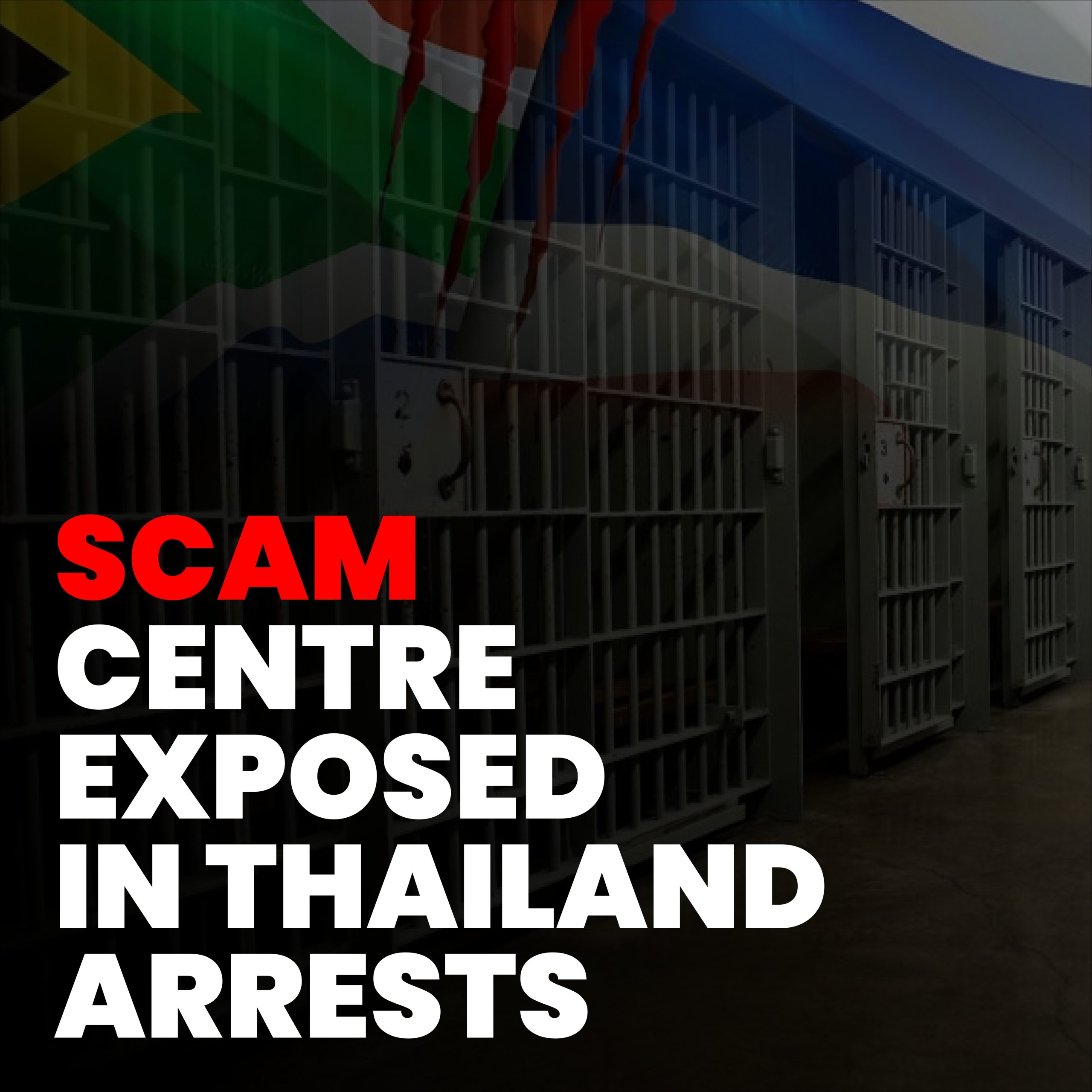Introduction
A Scam Centre in Southeast Asia has made headlines after a South African man, missing following involvement in a Myanmar scam, was found imprisoned in Thailand. The case highlights the dangers of engaging with overseas fraudulent operations or trafficking networks. Thai authorities reportedly located him while investigating cross-border scams, emphasizing the risks foreign nationals face. Analysts note that victims are often coerced or misled into criminal activities. Understanding Scam Centres is crucial for travelers, families, and policymakers to prevent similar incidents and strengthen protective measures for citizens abroad.
Risks for Foreign Nationals
Scam Centres exploit foreigners by promising lucrative employment, investments, or quick earnings. Victims may be forced into illegal activities or trapped in foreign legal systems. The South African case shows how quickly someone can be ensnared. Awareness of common tactics, such as fake recruitment and online scams, is essential. Travelers are advised to conduct thorough verification, avoid unsolicited offers, and follow government advisories to minimize risks associated with Scam Centres.
Enforcement Measures in Thailand
Thailand has increased enforcement to combat Scam Centres, conducting raids and investigations. Authorities coordinate with neighboring countries, including Myanmar, to dismantle operations and rescue victims. The South African man’s imprisonment illustrates both the successes and challenges of law enforcement. Focused efforts aim to prosecute organizers, disrupt criminal networks, and ensure foreign nationals’ safety. International cooperation remains critical in managing these transnational scams.
Lessons for South Africans Abroad
This incident highlights the importance of vigilance for South Africans traveling or working overseas. Scam Centres exploit vulnerabilities, often presenting seemingly legitimate opportunities. Victims may face imprisonment or forced participation in illegal activities. Families and consular services are urged to remain vigilant. Citizens are encouraged to research opportunities thoroughly and avoid informal or unsolicited offers to reduce the likelihood of entrapment in Scam Centres.
Cross-Border Trafficking Issues
Many Scam Centres operate across borders, exploiting legal gaps. Trafficking networks often overlap with fraudulent operations, leading to risks of forced labor, financial exploitation, and imprisonment. The South African man’s journey from Myanmar to Thailand demonstrates the mobility and reach of these networks. Even unintentional involvement can have serious legal consequences. Awareness campaigns and international enforcement are key to preventing further victimization and safeguarding citizens.
Legal and Consular Challenges
Victims often face complex legal situations abroad. Individuals may be imprisoned for activities they were coerced into. Language barriers and limited consular access complicate legal navigation. The South African case underscores the importance of legal assistance, diplomatic engagement, and cross-border collaboration. Advocacy groups highlight the need for transparency and protection of human rights for individuals caught in Scam Centres.
Technology and Online Exploitation
Many Scam Centres use digital platforms for recruitment and fraudulent activities. Fake job postings, investment scams, and social media manipulation are common tactics. Cybersecurity experts recommend verifying offers, avoiding unsolicited messages, and reporting suspicious activity. The South African case illustrates how technology facilitates international scams, highlighting the importance of digital awareness and cautious engagement with overseas opportunities.
Psychological and Social Effects
Victims of Scam Centres endure psychological trauma, social stigma, and financial losses. Being trapped in a foreign Scam Centre can cause anxiety, fear, and mistrust of authorities. Families also experience significant stress while trying to secure assistance. The South African man’s experience highlights the emotional and social consequences of these situations. Support networks, counseling, and public awareness campaigns are crucial to help victims recover and mitigate secondary trauma.
International Cooperation and Prevention
Effectively addressing Scam Centres requires collaboration among countries, law enforcement agencies, and international organizations. Joint investigations, intelligence sharing, and coordinated rescues are essential. The South African case underscores the importance of diplomatic support, consular assistance, and cross-border collaboration. Such cooperation ensures victims are protected, perpetrators are held accountable, and systemic vulnerabilities are addressed, reducing the likelihood of similar incidents.
FAQs
What is a Scam Centre?
A Scam Centre is an organized operation that defrauds and exploits individuals, often targeting foreigners.
Why was the South African imprisoned in Thailand?
He was involved in a Myanmar scam and became trapped in a Scam Centre in Thailand.
How can travelers avoid Scam Centres abroad?
Verify opportunities, consult travel advisories, and avoid informal recruitment channels to reduce risk.
Conclusion
The Scam Centre case involving a South African man in Thailand highlights the dangers of international scams and trafficking networks. Awareness, preventive measures, and international cooperation are critical to protect citizens abroad. Understanding the operation of Scam Centres—both physical and digital—is vital for travelers, expatriates, and families. Authorities and international organizations continue to dismantle these networks, ensuring safety and accountability. This incident underscores the importance of vigilance and informed decision-making when engaging with overseas opportunities.




